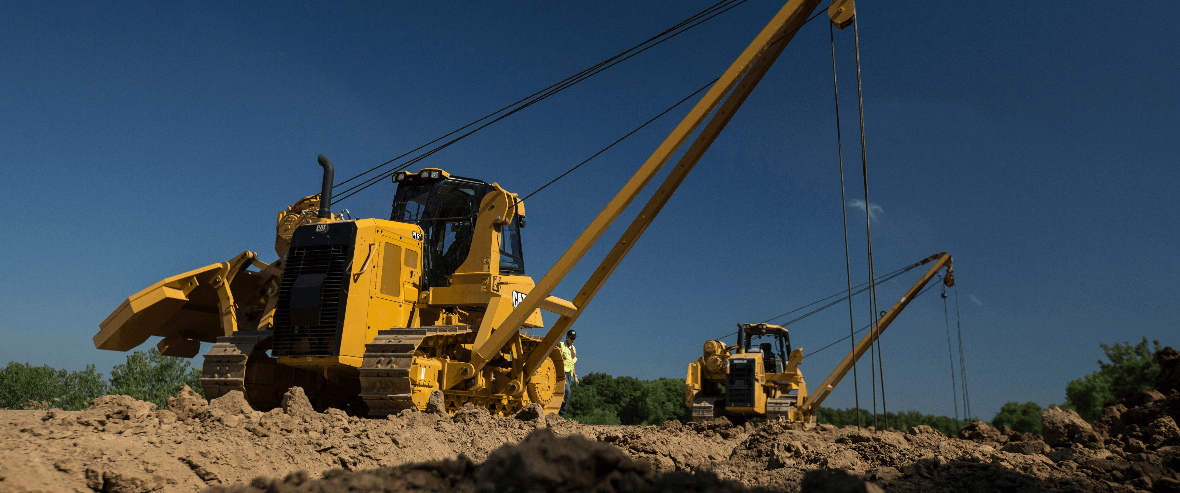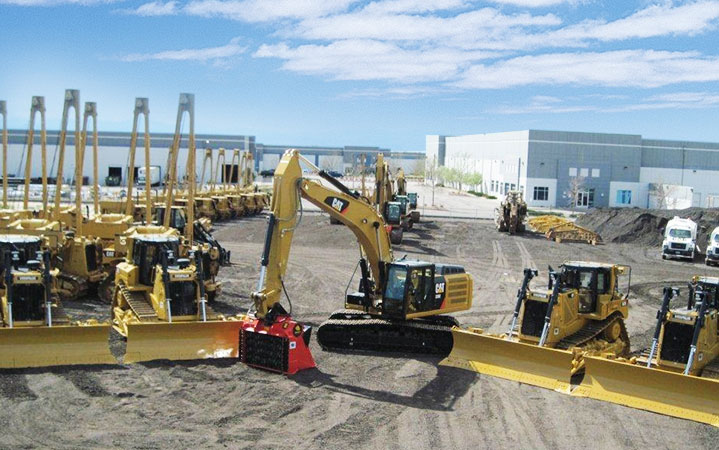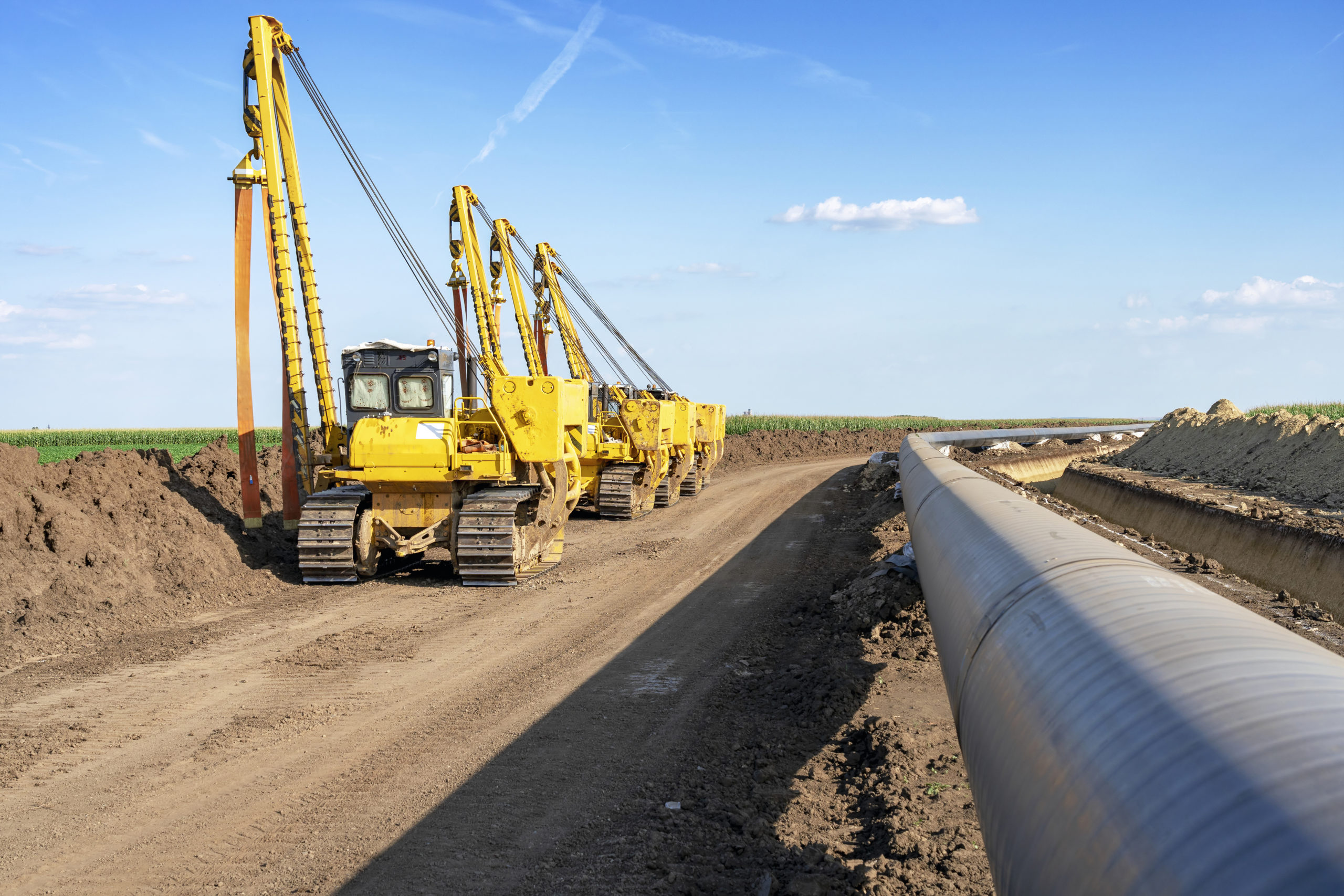A Comprehensive Overview to the Numerous Sorts Of Oil Field Equipment and Pipeline Equipment Available
The oil and gas industry depends greatly on customized tools for reliable extraction and transportation. Different types of equipment, from piercing rigs to storage space tanks, play crucial duties in this intricate procedure. Each tool offers distinctive features that add to total operational success. Understanding these elements is necessary for anybody included in the market. As the market develops, so as well do the innovations that support it. What developments are on the perspective?

Drilling Rigs: The Foundation of Oil Expedition
Drilling rigs function as the important equipment in the domain of oil expedition, making it possible for business to access hydrocarbon books buried deep beneath the Planet's surface area. These rigs are available in different kinds, consisting of land rigs, offshore rigs, and mobile devices, each developed to operate in particular environments. Outfitted with innovative modern technology, drilling rigs can permeate geological developments with accuracy, ensuring efficient resource removal. The structural integrity and functional capabilities of these rigs are crucial, as they need to stand up to extreme problems and substantial pressures. Moreover, the choice of a boring gear influences the total job cost and timeline, making it a vital consideration for oil business seeking to optimize their exploration efforts and make the most of productivity in their procedures.
Pumps: Vital for Liquid Motion
In the oil extraction process, the role of pumps is significant, helping with the motion of fluids throughout various stages of manufacturing. Pumps are crucial for transporting petroleum, water, and various other fluids from underground tanks to the surface and after that with pipelines to refineries. They come in various types, consisting of centrifugal, positive displacement, and submersible pumps, each offering certain functions based upon the liquid characteristics and operational needs. Centrifugal pumps are frequently made use of for their effectiveness in high-flow applications, while positive variation pumps excel in taking care of thick liquids. The selection of pump influences overall performance, operational safety and security, and upkeep costs. Proper option and maintenance of pumps are essential for enhancing production and decreasing downtime in oil field procedures.
Shutoffs: Managing Circulation and Pressure

Valves play an essential function in taking care of the circulation and stress of fluids within oil areas and pipelines. Numerous sorts of shutoffs serve distinctive applications, each made to fulfill certain functions fundamental for effective procedure - Superior Oilfield Rentals. Comprehending the features and uses these shutoffs is crucial for maximizing system performance and safety and security
Types of Valves
Vital elements in oil field operations, valves play a crucial duty in managing the circulation and stress of liquids within pipes and equipment. Numerous kinds of valves are used to meet the diverse requirements of oil and gas production. Usual types consist of entrance shutoffs, which give a straight-line circulation and marginal stress decline; globe shutoffs, recognized for their throttling abilities; and sphere valves, recognized for their quick on/off control. Furthermore, check valves avoid heartburn, while butterfly shutoffs use a light-weight option for controling flow. Each valve type is developed with particular products and arrangements to withstand the harsh problems usually located in oil areas, making sure dependability and efficiency in procedures. Comprehending these types is critical for reliable system administration.
Valve Applications and Functions
While numerous kinds of valves offer unique purposes, their key applications focus on regulating flow and pressure within oil and gas systems. Valves such as gate, world, and round valves control liquid movement, guaranteeing peak performance and safety and security. Gateway valves are typically made use of for on/off control, giving minimal flow resistance. World shutoffs, on the various other hand, deal accurate flow regulation, making them suitable for strangling applications. Sphere valves are preferred for their quick procedure and tight securing capabilities. In enhancement, stress safety valve are essential for avoiding system overpressure, securing equipment stability. On the whole, the proper selection and application of shutoffs boost operational performance, making yard drainage pipe sure the reputable transport of oil and gas with pipes and handling facilities.
Compressors: Enhancing Gas Transportation
Compressors play a critical function in the efficient transport of gas, making certain that it relocates smoothly with pipelines over fars away. These devices increase the stress of gas, allowing it to overcome friction and altitude changes within the pipeline system. In addition, compressors promote the harmonizing of supply and demand, suiting fluctuations in usage and production rates. Numerous kinds of compressors are employed in the industry, including centrifugal, reciprocating, and rotary screw compressors, each offering unique benefits based on the functional demands. Regular upkeep of these compressors is necessary to make best use of efficiency and reduce downtime, ultimately contributing to a reliable gas transport network. Their important function highlights the importance of compressors in the general oil and gas infrastructure.
Storage Tanks: Safe and Reliable Liquid Monitoring
Effective transport of gas relies upon different support group, among which is the correct administration of storage tanks. These storage tanks play a necessary role in safely having liquids, making certain that functional efficiency is maintained while minimizing environmental threats. Constructed from long lasting materials, they are created to withstand high stress and corrosive elements. Properly sized and purposefully situated, storage tanks help with the smooth flow of all-natural gas and various other fluids, stopping traffic jams in supply chains. Routine maintenance and surveillance are necessary to discover leakages or structural concerns, promoting safety and compliance with regulatory standards. Inevitably, the efficient administration of tank is crucial for the general integrity and dependability of the oil and gas sector's fluid handling systems.
Pipeline Systems: Framework for Transport
Pipeline systems work as the foundation of the oil and gas industry, facilitating the efficient transport of hydrocarbons over huge ranges. These systems consist of different components, including pipes, valves, pumps, and compressors, all diligently created to assure smooth flow. The products made use of in pipeline building, frequently steel or high-density polyethylene, are picked for sturdiness and resistance to rust. Pipeline networks can cover throughout land and water, linking production websites to refineries and circulation. Furthermore, progressed modern technology allows real-time tracking of circulation rates and pressure degrees, boosting functional effectiveness. The strategic placement of these pipes lessens ecological impact while making the most of resource ease of access, therefore playing an essential duty in conference energy needs globally.
Safety Equipment: Making Certain Worker and Environmental Security
The operation of pipeline systems, while important for power transportation, likewise provides substantial security obstacles for employees and the atmosphere. Safety devices plays a significant role in reducing these dangers. Individual protective equipment (PPE) such as safety helmets, handwear covers, and non-slip shoes safeguards workers from physical hazards. In addition, gas discovery systems keep an eye on for leakages, ensuring that damaging substances do not position a cipp lining companies near me risk to employees or the bordering ecosystem. Emergency situation closure systems are necessary for swiftly stopping operations throughout a crisis, protecting against potential catastrophes. Spill containment materials, including absorbents and barriers, are fundamental for minimizing ecological impact. Generally, purchasing comprehensive security equipment is vital for maintaining functional integrity and safeguarding both employees and the environment in the oil and gas market.

Regularly Asked Questions
Exactly how Do I Pick the Right Oil Field Equipment for My Project?
Choosing the best oil field equipment entails examining project specifications, spending plan restraints, and functional demands. Think about elements such as tools integrity, compatibility with existing systems, and the provider's credibility refrigerator water line replacement to guarantee peak efficiency and safety.
What Are the Upkeep Needs for Oil Field Equipment?
Maintenance requirements for oil area tools include normal examinations, lubrication, and prompt repair services. Operators should additionally abide by maker standards, monitor efficiency metrics, and guarantee compliance with security policies to boost durability and performance.

Exactly How Can I Ensure Compliance With Environmental Rules?
To ensure compliance with ecological policies, business have to carry out routine audits, implement ideal methods, purchase training, preserve correct paperwork, and stay upgraded on legislation (Superior Rentals reviews). Collaboration with ecological firms can also enhance adherence to laws
What Is the Average Life Expectancy of Pipeline Equipment?
The typical lifespan of pipeline devices typically varies from 20 to half a century, relying on factors such as worldly high quality, ecological conditions, and upkeep techniques. Routine examinations can greatly affect long life and operational effectiveness.
How Do I Safely Move Oil Field Equipment to Remote Locations?
Moving oil area equipment to remote places requires careful preparation, including path analysis, protecting licenses, using appropriate cars, and making certain security methods are complied with. Correct training and interaction among staffs are essential for effective transport.